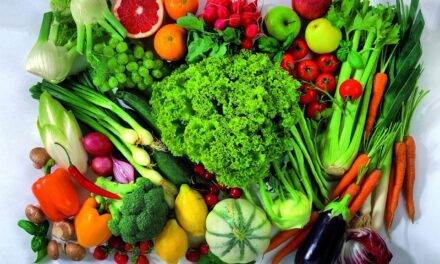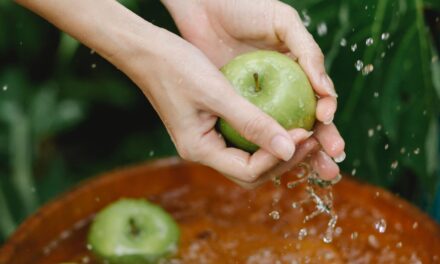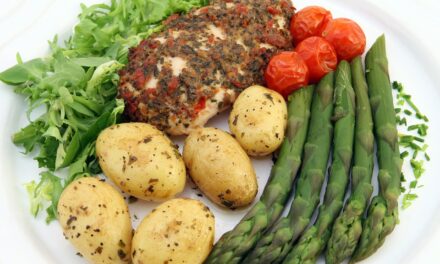As we step into our 40s and beyond, our bodies undergo numerous changes, necessitating a shift in how we approach our health and well-being. One fundamental aspect that often gets overlooked is the importance of hydration. Proper hydration is crucial for maintaining optimal health, especially as we age. Water is not just a basic necessity for life; it’s a critical component of our physiological processes, impacting everything from cellular function and skin health to digestion and cognitive performance.
Yet, with age, our body’s water content decreases, the sensation of thirst becomes less pronounced, and the risk of dehydration increases. This can lead to a cascade of negative health effects, including impaired kidney function, constipation, and an increased risk of urinary tract infections, among others. Moreover, dehydration can exacerbate chronic conditions prevalent in later life, such as hypertension and diabetes.
In this article, we delve into the pivotal role of hydration in aging adults, backed by scientific insights and expert advice. Our aim is to illuminate the path toward maintaining optimal hydration — a key to aging gracefully and healthily. We’ll explore practical tips for integrating hydration into your daily routine, ensuring that you, or the aging adults in your life, can enjoy the myriad benefits that come from staying well-hydrated.
Understanding Hydration Needs After 40
The hydration equation is not one-size-fits-all; it shifts as we age. Adults over 40 may find that their bodies require more attention to stay hydrated due to physiological changes. Research indicates that the total body water decreases by approximately 15% from the age of 20 to 80. This reduction in water content is compounded by a decrease in renal concentrating ability and possible medication side effects, making older adults more susceptible to dehydration.
But why is hydration so critical? Water serves as the medium for various enzymatic and chemical reactions in the body, helps transport nutrients and oxygen to cells, and facilitates the elimination of waste. It also plays a key role in regulating body temperature, lubricating joints, and maintaining skin elasticity. Given these multifaceted roles, it’s clear that hydration should be a priority for maintaining health and vitality in our 40s and beyond.
Experts recommend adopting proactive hydration habits to counteract the natural decline in thirst sensation. This includes consuming fluids regularly throughout the day, even when not feeling thirsty, and paying attention to the signs of dehydration, which may be more subtle in older adults. Symptoms can include dry mouth, fatigue, dizziness, and confusion.
Incorporating a variety of fluids, such as water, herbal teas, and broths, can make meeting your hydration needs more enjoyable. Additionally, fruits and vegetables with high water content, like cucumbers, tomatoes, oranges, and melons, can contribute to your daily fluid intake.
It’s also important to recognize factors that can increase dehydration risk, including hot weather, increased physical activity, fever, or gastrointestinal illnesses. Adjusting fluid intake during these times is crucial to prevent dehydration.
Practical Hydration Strategies for Aging Adults
Maintaining adequate hydration requires conscious effort, especially as we age. Here are actionable tips for enhancing hydration habits for adults over 40:
- Set a daily water intake goal: Aim for at least 8 cups of fluids per day, adjusting based on activity level, climate, and health status.
- Keep water within reach: Having a water bottle on hand can remind you to sip regularly throughout the day.
- Monitor urine color: It’s a simple yet effective hydration indicator. Aim for pale yellow.
- Leverage technology: Use apps or set reminders to prompt regular water consumption.
- Enhance flavor naturally: Add slices of fruits or herbs to water for a refreshing twist.
- Be mindful of diuretics: Coffee, tea, and alcohol can increase fluid loss. Balance these beverages with additional water intake.
Adopting these strategies can help ensure that hydration becomes a seamless part of your daily routine, supporting your health and enhancing your quality of life as you navigate the rewarding challenges of aging.
Summary and Takeaways
Hydration is a cornerstone of health, particularly as we enter our 40s and beyond. With the body’s natural water reserves dwindling and the thirst mechanism becoming less reliable, adopting intentional hydration practices is essential. By understanding the unique hydration needs of aging adults and implementing practical strategies to meet these needs, we can support our body’s functions, prevent dehydration-related health issues, and promote overall well-being.
Remember, staying hydrated is more than just drinking water; it’s about making mindful choices to support your body’s needs, incorporating a variety of hydrating fluids and foods, and adjusting your intake based on activity levels and environmental factors. With these tips, you’re well on your way to embracing a hydrated lifestyle that supports vibrant aging.








